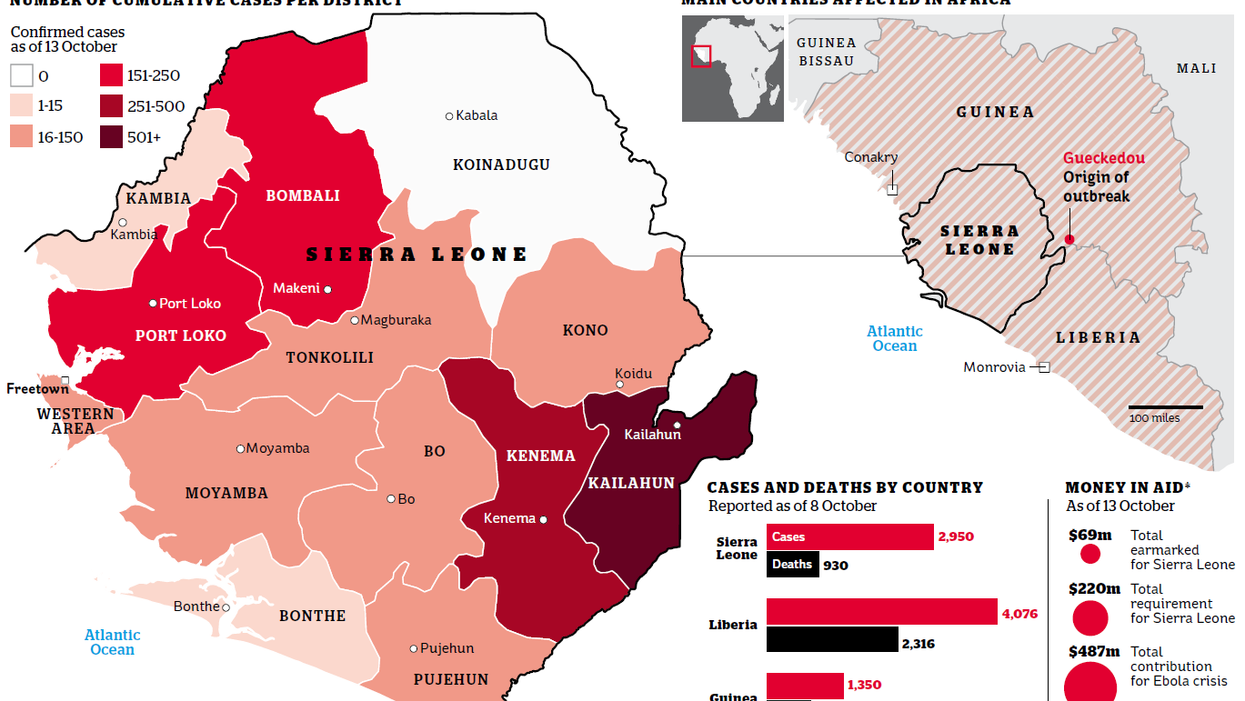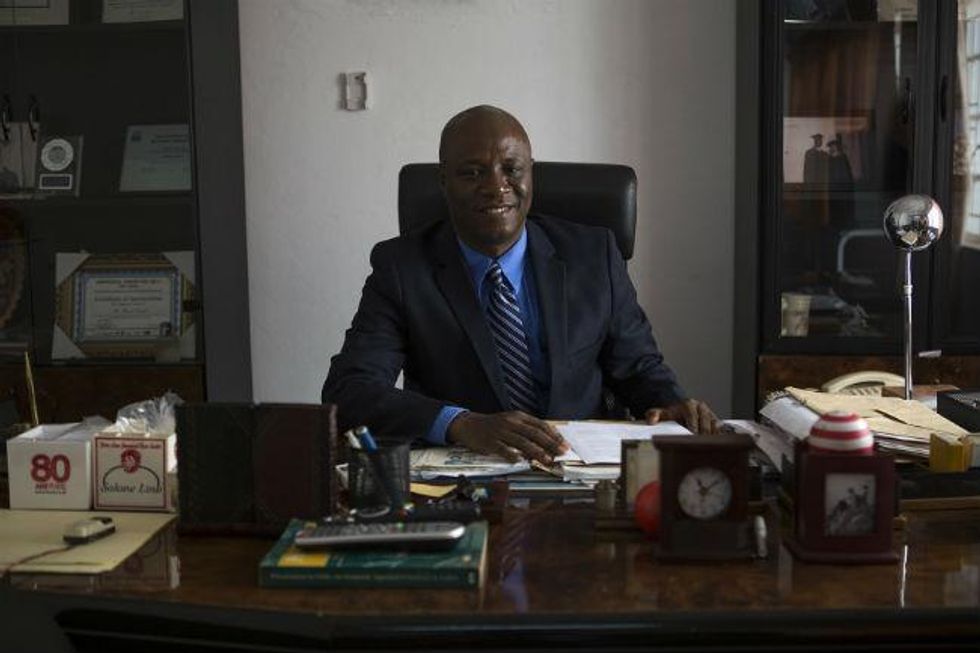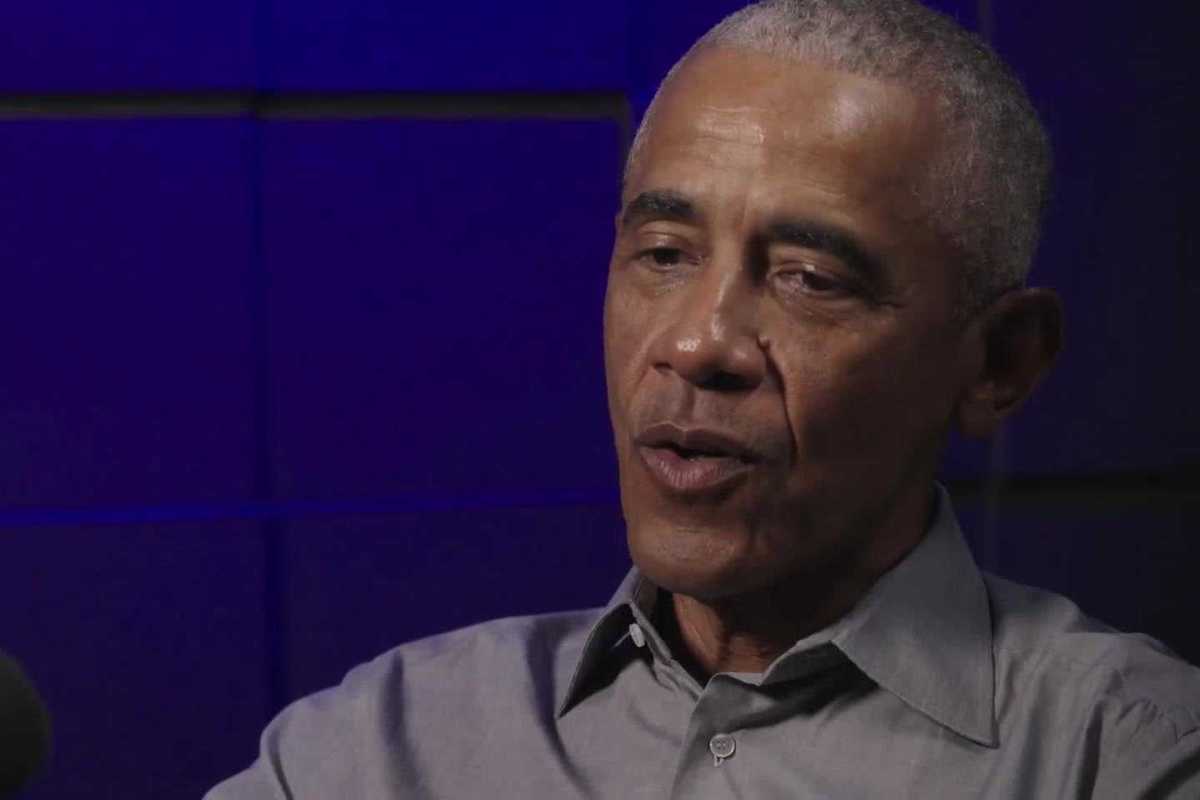News

Update: In the hours since this article was published two cases of Ebola have been confirmed in Koinadugu
TL;DR version: Meticulous planning and rigidly enforced simple measures.
Koinadugu is a mountainous region in northern Sierra Leone, and the country's largest district.
Despite bordering Guinea, the source of this Ebola outbreak, not a single case of the virus has been confirmed among the population of 265,000.
A large degree of credit for this fact goes to Momoh Konte, who was born in the district capital Kabala but moved to the US where he set up an economic consulting business.
As the disease, which has now infected almost 9,000 people and killed around half that number, gripped West Africa he flew back to the country of his birth in June.
Hardly an Ebola expert, Mr Konte read up about the virus and quickly concluded that it was much more likely to spread among poorer people.
The whole idea is it's not killing rich people, it's not killing middle-class people – it's killing poor people who move from one place to another looking for work or something to eat.
Upon his arrival in Koinadugu he donated 10million Leones -around £1,430 - and pledged to renew the donation every month for a year, spending the money on drums of chlorine for disinfection, rubber gloves and face masks.
Despite having no real authority he convinced local politicians and tribal leaders to give him their support, creating an Ebola taskforce of ten led by a Doctors Without Borders official.
Despite criticism from Doctors Without Borders that quarantines can lead to increased suffering, mountain checkpoints were used to restrict who went in and out of Koinadugu, with guards given thermal thermometers and chlorinated water, and visitors requiring a local to vouch for them.
A separate fund was used to give loans to import food, fuel and medicine from Freetown, instead of local business owners travelling there themselves, while vegetable growers shared a communal fleet of trucks with only several drivers.
Finally, neighbourhood watched teams were forced to enforce the new rules and educate people about the risks of Ebola.
Konte has been hailed as a hero in Koinadugu but no one in the district is resting on their laurels, the town of Makeni, just an hour away, has recently seen an explosion in the number of new infections.
Graphic source: OCHA, WHO
A version of this feature first appeared in The Washington Post
More: [Why it's still not time to panic about Ebola in the US]2
Top 100
The Conversation (0)














